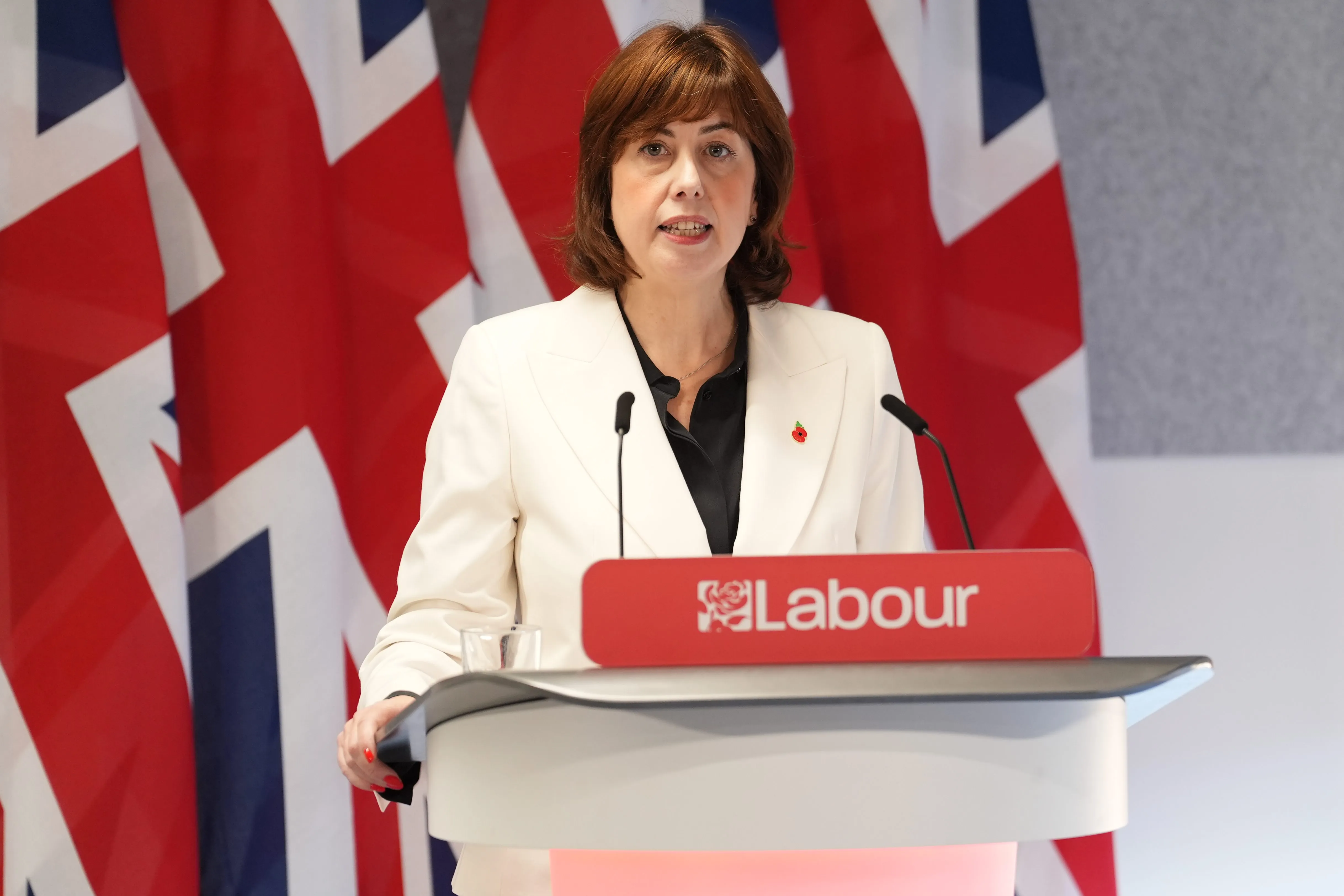Copyright newstatesman

Pat is an eight-year-old boy who for half his young life has been threatening to kill himself. He has taken knives from drawers, run into traffic and jumped out of windows. He threatens to kill the family cat. He punches, kicks, bites. He smashes up the TV. He has always been so averse to brushing his teeth that he now has to have 16 removed, under general anaesthetic. His mum, Abi, 43, is a single parent on Universal Credit. She has been unemployed for the last six years, leaving her job as an employment law adviser to take care of her son, who so often refuses to go to school. Before she quit her job, her dad – a cleaner – had been helping out with childcare, but was struggling with his grandson’s behaviour by the time he was two. Abi also describes herself as from a working-class background. That last point may sound irrelevant, but it defines a debate rattling the school gates of Britain this autumn: what is to be done for children with special educational needs and disabilities (Send)? The received wisdom in Westminster is that sharp-elbowed parents of Send children are monopolising support and contributing to huge rises in spending and diagnoses at unsustainable levels. The number of pupils with a statutory right to tailored support (known as an Education, Health and Care Plan, or EHCP) has jumped from under 3 per cent to over 5 per cent in seven years. High-needs funding in the past nine years has risen by £4bn in real terms to nearly £11bn. Like so much of the British state, the system is patchy at best – failing children and indebting councils. A government white paper on Send reform was due in October, but has been postponed until January. The rumour is that it includes cuts to expensive bespoke plans for affected kids. What politicos seem to know for sure, however, is that the villains of this story are somehow “middle-class parents”. The Telegraph has labelled special educational needs “an unaffordable racket”. The Reform UK deputy leader, Richard Tice, described provision as “hijacked by parents who are abusing the system” for children “who don’t need it”. And other MPs grumble that the bulk of their Send casework comes from “middle-class families”. Inequalities are clear. According to an October report by the social mobility think tank Sutton Trust, middle-class parents are more likely to secure an EHCP, and twice as likely to spend money on putting together applications for support than their working-class peers. Affluent families are also more likely to take their council to a tribunal in the case of an EHCP rejection, and to secure a place at a special school (where 12 per cent of parents have spent more than £5,000 on applications). It’s unsurprising that those with more resources can better navigate this sclerotic bureaucracy. But parents I’ve spoken to, from all socio-economic backgrounds, warn against the rhetoric of class war – they detect an element of “divide and rule”. Abi is one. “They [the middle class] might get more out of it, but they’re not taking advantage of it. I’ve never met anyone who is,” she said. “Even if they were, that shouldn’t mean politicians ruining it for everyone: it’s not fair to punish our children who have done nothing but be born.” She lives in Bradford city centre, and has long battled for help for her son – including a four-year wait for a suitable school place, antidepressants and counselling for herself, and even a social worker suggesting she gets “a man in my life” to provide a male role model. At first, she sent her son to a state primary in nearby Saltaire, a Victorian village the colour of custard creams built for textile workers amid the Pennines. There, she met parents of different backgrounds – affluent professionals, freelancers, small-business owners – with similar struggles. A group of them recently gathered to meet me in the home of Julia, 44, a Saltaire local with an autistic six-year-old. Her kitchen was a lively, high-ceilinged interior of Lego flowers, Ercol chairs and mismatched crockery. “In terms of that class dimension, I could be the poster girl, I am really middle class,” Julia, an academic, told me. “And what have I got from the system? Nothing. My partner’s a tradesman and has had to reduce his hours, and I’m considering giving up work: doing the advocacy for my children is a full-time job. This impoverishes people.” In his mainstream school, her son has been suspended five times, and absconded seven times, this year alone. He has licked the toilet, kicked a child, assaulted a teacher, jumped the school fence, ended up alone by a main road and climbed up to an off-limits balcony. Still, Julia has failed to persuade the council to move him to a more appropriate school. From Abi to Julia, the parents I met were drained, mentally and financially, from the long and constant fight for some semblance of decent schooling. What they would most like to see from the government is improved experiences in mainstream schools, with specially trained staff and more flexible cultures, and – at least until then – timely care plans that guarantee their children’s right to an education. “We come from all walks of life,” said Julia. “We’ve gravitated towards each other because we have similar issues. We rely on community, so they can’t divide us by class. We have each other. That, and no one else wants to be friends with us!”



